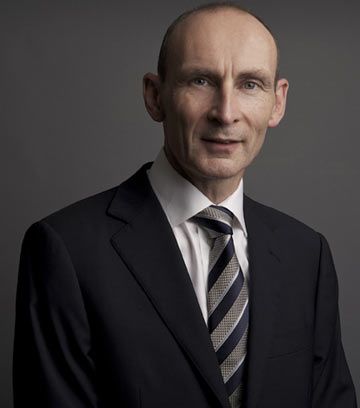MONEY IS THE LAST SOCIAL TABOO FOR THE RICH, REVEALS DEVERE STUDY
Published by Gbaf News
Posted on March 11, 2014
3 min readLast updated: January 22, 2026

Published by Gbaf News
Posted on March 11, 2014
3 min readLast updated: January 22, 2026

Money is the most uncomfortable topic of conversation for six out of ten high-net-worth individuals, according to a new international poll.
In the global survey conducted by deVere Group, one of the world’s largest independent financial advisory organizations, 61 per cent of those polled ranked personal finance as the most difficult subject to discuss with family, friends and colleagues.

Nigel Green, CEO deVere Group
It came ahead of politics (14 per cent), sex (11 per cent), religion (8 per cent), and health issues (6 per cent) in the study of 1,125 clients who have investable assets of more than $1.5m. The respondents came from the U.S., the U.K, Hong Kong, the United Arab Emirates, and South Africa.
Of the findings, deVere Group founder and chief executive, Nigel Green, comments: “Money may be on most people’s mind much of the time but this poll underscores that personal finance – which can include income, debt, tax, savings and expenses, – is almost universally regarded as the worst topic of conversation. I imagine that it might come as a surprise to many that those who have money still dislike talking about it.
“For many, wealth comes with plenty of intense emotions so perhaps it’s little wonder that even the ‘better-off’ prefer to discuss almost anything else – including those famous dinner party taboos of politics and religion. Money is the last social taboo, it would seem.
“I think the survey’s findings suggest that there is perhaps some degree of misplaced guilt or embarrassment surrounding money by those who have accumulated it – despite the fact that high-net-worth individuals are typically likely to be society’s primary wealth and job creators and major tax contributors.”
Mr Green adds: “On a wider level, the survey indicates how there remains a ‘bury your head in the sand’ attitude to finances as people simply don’t want to talk about money even to their nearest and dearest.
“Ignoring or putting off tackling any personal finance issues is always the worst way to handle such things as you will, almost inevitably, be creating far bigger challenges in the future – this is especially true when it comes to managing debts and investments and saving for retirement.
“You wouldn’t put off tackling a serious health issue and the same logic should be applied to money.
He concludes: “By banishing the money taboo, society can celebrate how wealth can enrich lives and build further on this value, plus we can become more proactive in dealing with any challenges that may arise.”
Explore more articles in the Investing category











